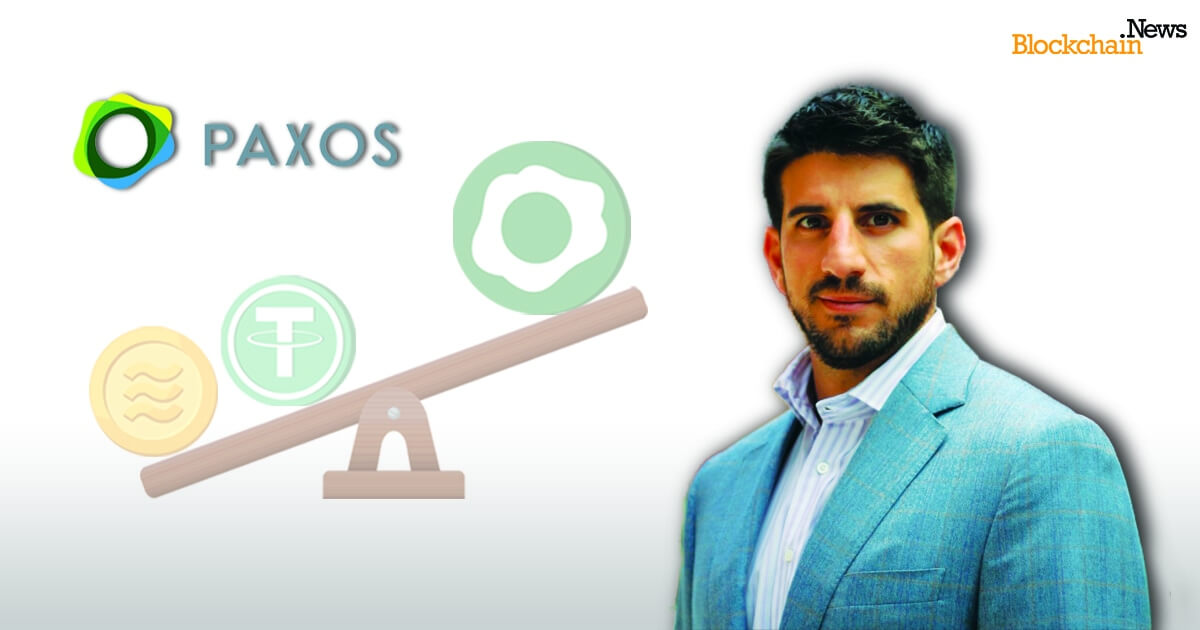Tokenization and Stablecoin Policies Discussed at Atlantic Council Event
Luisa Crawford Oct 23, 2025 13:38
The Atlantic Council event highlighted tokenization and stablecoin policies, focusing on regulation, innovation, and institutional adoption as key drivers for modernizing financial infrastructure.

During a significant session at the Atlantic Council, key figures in the financial sector gathered to discuss the future of tokenization and stablecoin policies. This event, featuring Paxos CEO and Co-Founder Charles Cascarilla alongside Monetary Authority of Singapore (MAS) Managing Director Chia Der Jiun, was part of the broader discussions held during the IMF–World Economic Forum week.
Tokenization Reaches a Turning Point
The dialogue underscored that tokenization has moved beyond theoretical discussions, with institutional adoption shifting from pilot programs to full-scale production. Leading financial institutions are increasingly launching tokenized products, marking a pivotal transition from experimentation to execution. This trend reflects a growing consensus that tokenization is essential for modernizing capital markets.
Regulatory Clarity and Institutional Confidence
According to [Paxos](https://www.paxos.com/blog/tokenization-and-stablecoin-policy-atlantic-council), regulatory advancements across various jurisdictions are proving instrumental in scaling tokenization efforts. Frameworks like the upcoming stablecoin framework from MAS, the EU’s Markets in Crypto-Assets (MiCA) regulation, and the U.S. GENIUS Act are providing consistent principles. These include full reserve backing, asset segregation, and redemption at par value, which collectively enhance institutional confidence for safe and scalable participation in digital asset markets.
Achieving Global Reciprocity
As regulatory frameworks align, the concept of cross-border regulatory reciprocity is becoming more feasible. This reciprocity allows stablecoin issuers to operate globally under rigorous oversight, fostering the development of interoperable stablecoins that can traverse markets without sacrificing compliance or investor protection.
Stablecoins and Monetary Systems
The discussions also explored the potential of well-regulated stablecoins to coexist with and bolster sovereign monetary systems. By offering transparent, fully backed digital forms of fiat currencies, stablecoins can enhance financial inclusion, reduce transaction costs, and improve financial system visibility. Proper regulation of stablecoins provides policymakers with more control and insights compared to unregulated alternatives.
Infrastructure-Led Adoption
Future mainstream adoption of tokenization is expected to be driven by the development of enterprise-grade infrastructure and privacy-preserving compliance technologies. As markets evolve towards 24/7 settlement, programmable assets, and real-time liquidity management, firms with robust, regulated infrastructure are likely to lead the next generation of global finance.
Paxos is at the forefront of building the regulated infrastructure necessary for this transformation, laying a trusted foundation for tokenization, stablecoins, and the future of digital finance.
Image source: Shutterstock.jpg)